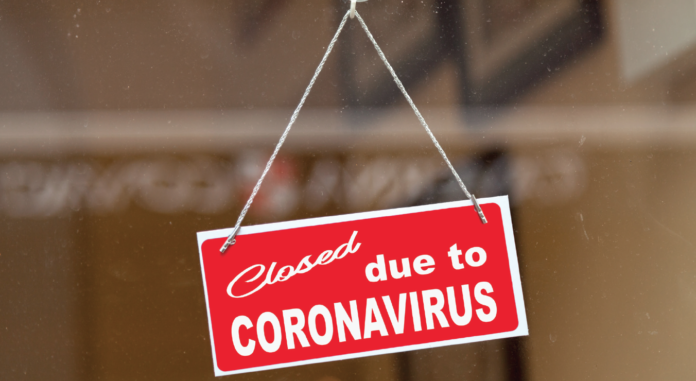Paul Hill looks at what the long-term future holds for the foodservice industry
Last year, the UK foodservice sector was predicted to grow from £98.4bn to £106bn in total market value by 2030*. However, the Covid-19 pandemic has shocked the industry on a monumental level, with foodservice wholesalers losing between 70% and 100% of their customer base overnight and bankruptcy looking like a stark reality.
Furthermore, despite measures slowly being relaxed and companies implementing innovative methods to remain profitable, the foodservice landscape is not expected to be back to the pre-Covid-19 days for at least another six-to-12 months. Research backs this up: 66% of 211 foodservice outlet owners questioned in April by KAM Media stated that they wouldn’t survive without more government support.
The vast majority said that a significant break from rent obligations was required to survive. The findings also revealed the sector will need a long recovery time once the lockdown ends, with 86% of businesses believing consumers will eat out less and 82% expecting consumers to not be drinking out as much.
Read more: Wholesale customers experiencing spike in business, report shows
As well as this, 83% of those questioned expect customer numbers to be down for at least six months after re-opening; 38% said they would expect it to take at least a year for footfall to return to pre-lockdown levels. The Federation of Wholesale Distributors’ (FWD) chief executive, James Bielby, echoes these thoughts.
He appeared on national news to highlight the desperate situation many of its members find themselves in. “We are calling on the government to offer some sort of tax relief on products that, through no fault of their own, wholesalers are having to dispose of,” he said. “The danger is that pubs, restaurants, hotels and leisure will open their doors again for the public, but there won’t be enough food in the supply chain to feed them,” he added. “If there are issues around cash flow and a squeeze on credit, it means there won’t be those businesses available to supply those business reopening their doors.”
Last month, the FWD and Scottish Wholesale Association (SWA) wrote an open letter to 350,000 foodservice outlets asking them to use funding to settle outstanding invoices in order to keep vital supply chains open. This follows support from local authorities via the Retail, Hospitality and Leisure Grant Fund. Certain businesses that were told to close their doors have received up to £25,000.
“The majority of your businesses are temporarily closed, but when the time comes to reopen, we will be there, along with our supplier partners, to work alongside you and help reignite our economy,” the letter reads.
Read more: JJ Invests in smaller vehicles to support B2C operation
So, it is clear that support from the Treasury is needed for the foodservice industry to continue functioning in the long term. Wholesalers that serve both retail and foodservice can shift resources internally, but for the pure foodservice distributors, no customers means no cash. These companies are in grave danger and, without help soon, the UK wholesale industry will be shocked on a level never seen before.








